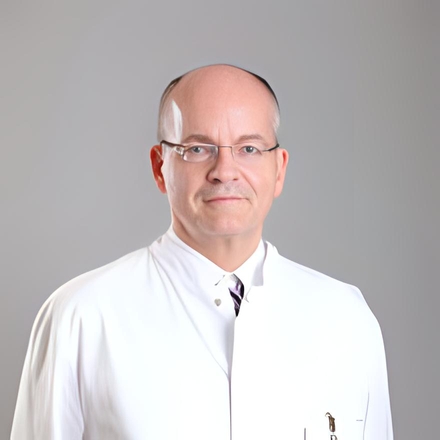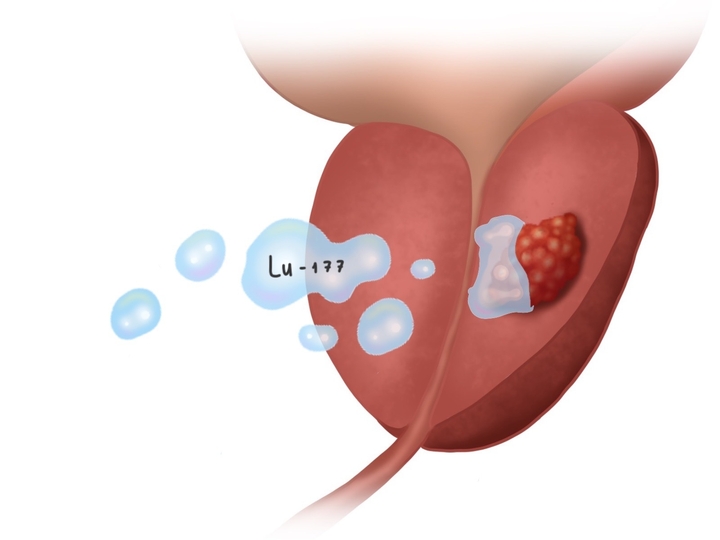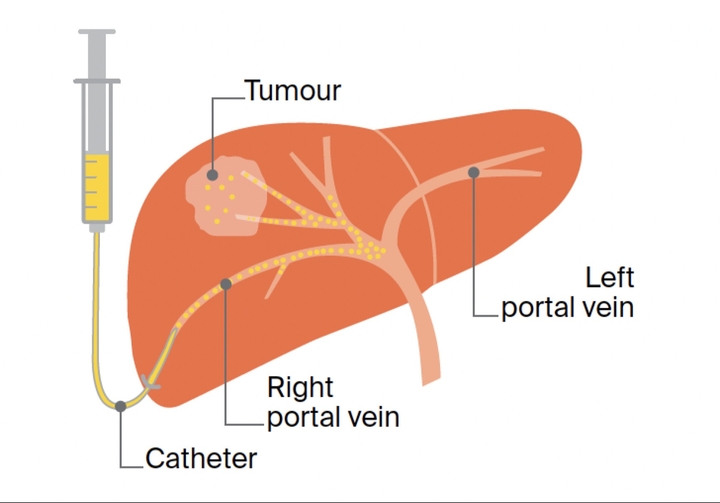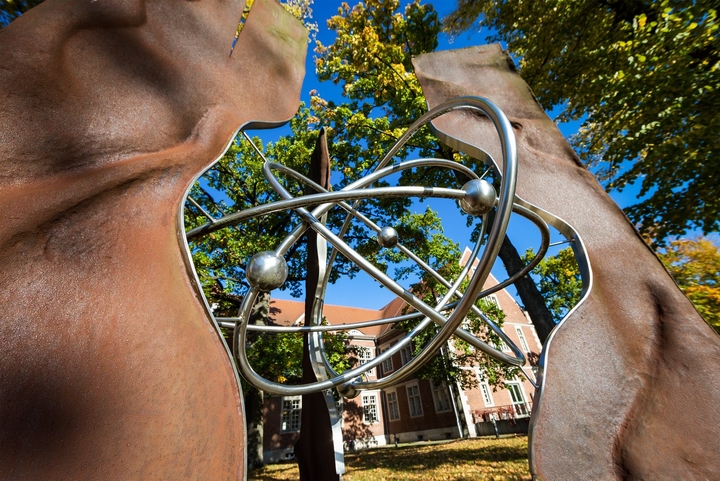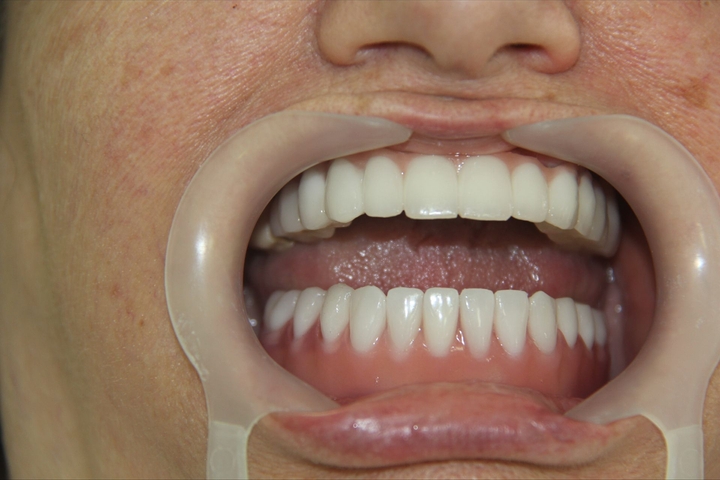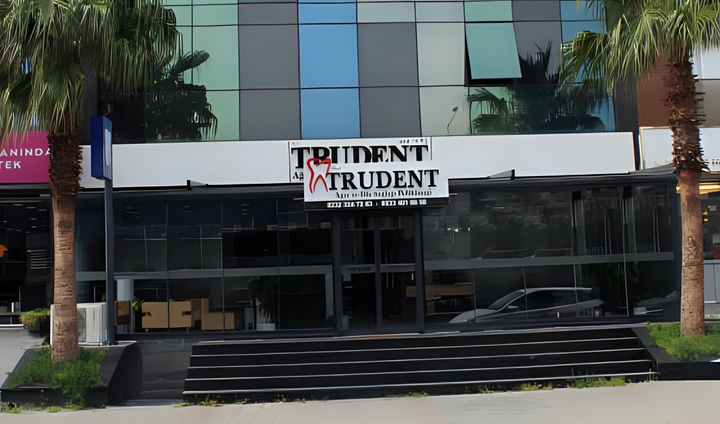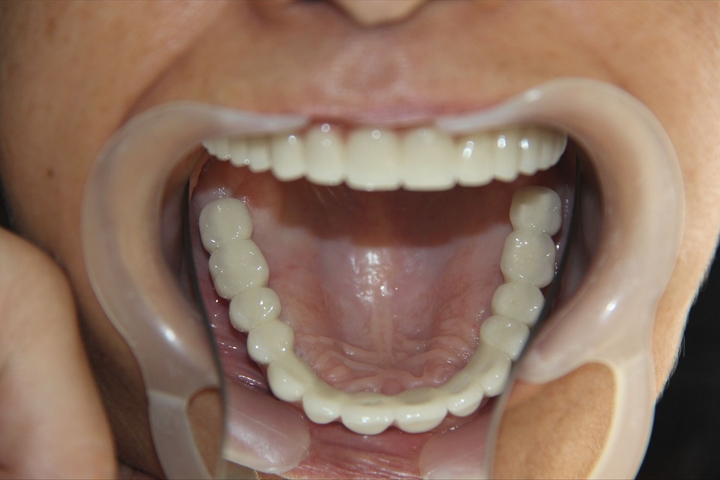Overview
Age group
Kids, Adults
Type of care
Outpatient
Method
Microinvasive
About the offer
What’s included
Medical service
- clinical history-taking
- medical records review
- physical examination
- consultation with an interventional radiologist
- complete blood count (CBC)
- blood type test (ABO, Rh)
- biochemical analysis of blood (kidney and liver function tests, electrolytes)
- inflammation blood tests
- coagulation studies
- urinalysis
- CT scan of the thorax with a contrast
- post-procedure CT control
- pre-procedure patient preparation
- CT-guided radiofrequency ablation (RFA) for a metastatic lesion/ or tumor
- post-procedure care
- symptomatic care
- doctor's fee
- cost of essential medicines
- cost of essential materials
- local anesthesia
- nursing service
- discharge medical records
- further recommendations
- follow-up consultations
Extra add-ons
AiroCare
Meet the provider
interventional radiology, interventional oncology, chemoembolization (TACE) & chemoperfusion (TACP)
Gallery

Customize this offer
If you're not seeing exactly what you need here, send your custom request. You can discuss the content, specifics, price & timeline to create a personalized plan.
Location
Theodor-Stern-Kai 7, 60596 Frankfurt am Main, Germany
FAQ
What complications can happen?
Depending on the type, size, and location of the tumor, different complications may arise. There is a possibility of coughing fits, bleeding, or a condition called "pneumothorax," in which air enters the space between the chest wall and the lungs. This can cause the lung to collapse due to the negative pressure in that area. To restore this negative pressure and expand the lungs back to their normal state, a special catheter must be inserted. In such cases, the patient needs to remain in the hospital for observation.
Are there any limitations on the therapy?
The effectiveness of this therapy depends on the size of the tumor. Unfortunately, due to technical limitations, very large tumors cannot be treated. Also, it is important to note that the therapy is only effective on tumors of a certain size, and the smallest tumors in the microscopic range cannot be treated adequately. It is also worth noting that recurrence of cancer is still a possibility even after undergoing this therapy.
What technical devices are used?
This process necessitates distinct needle electrodes and an electrical generator to produce the required electricity. It will also be performed under CT control, so a CT machine is essential.
Individual cost estimate. Non-binding 100% free assessment.




